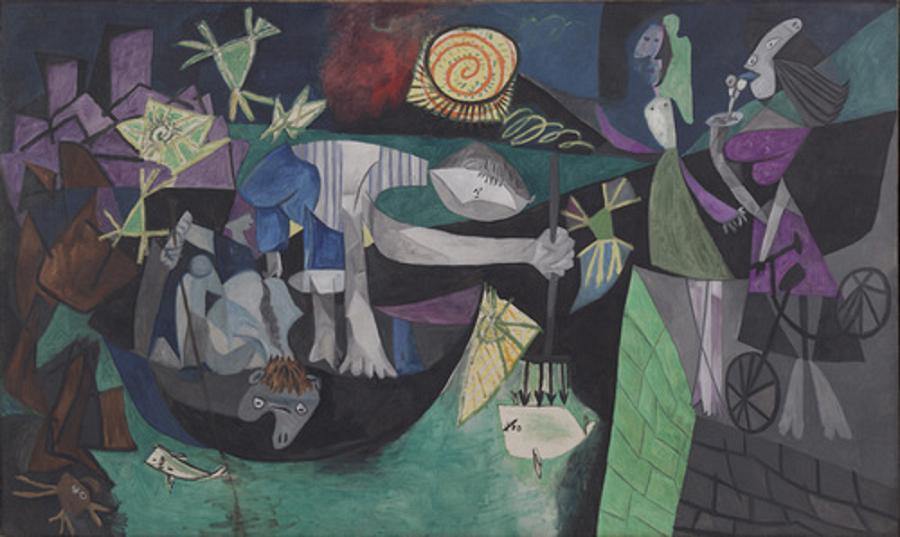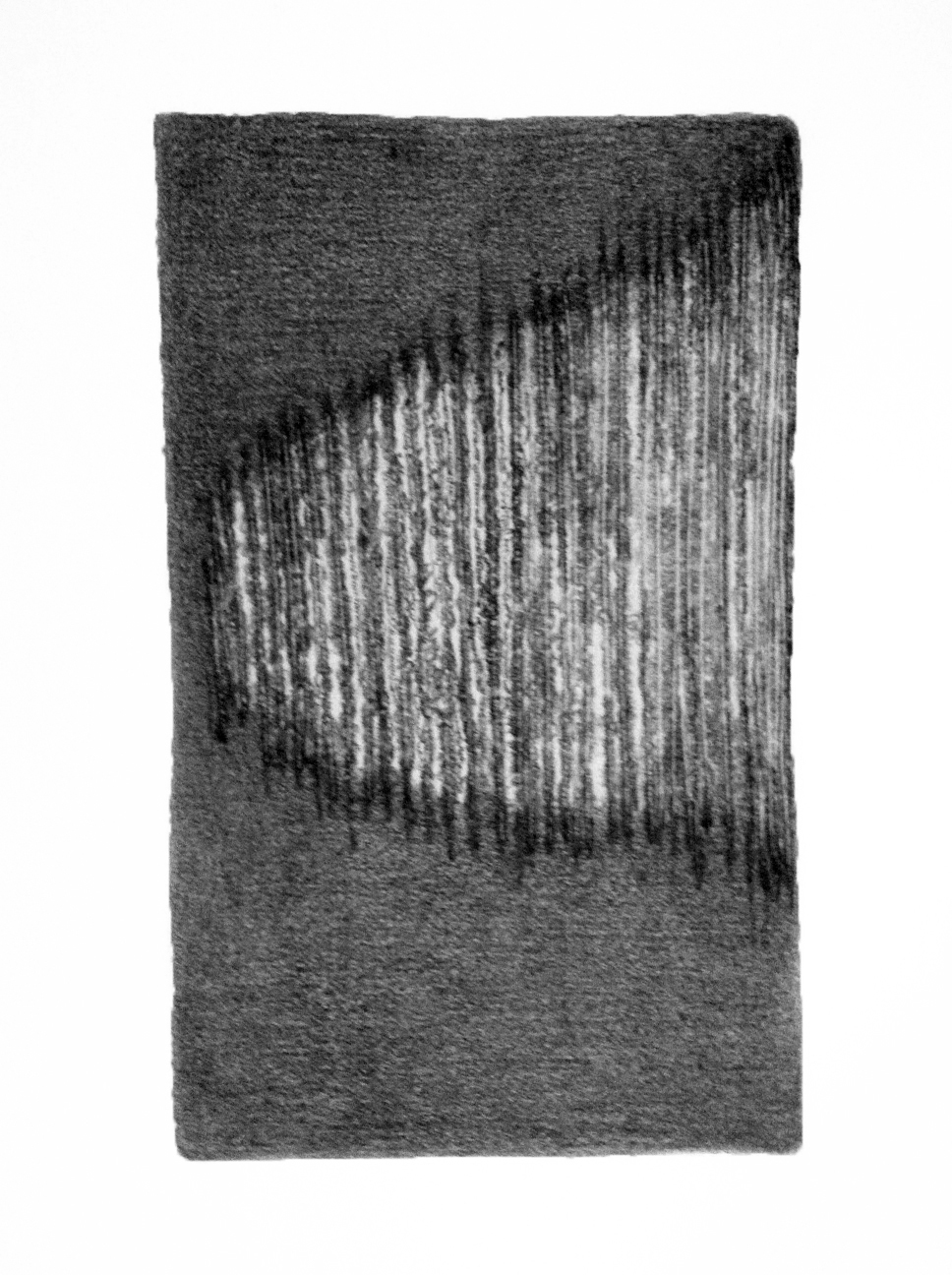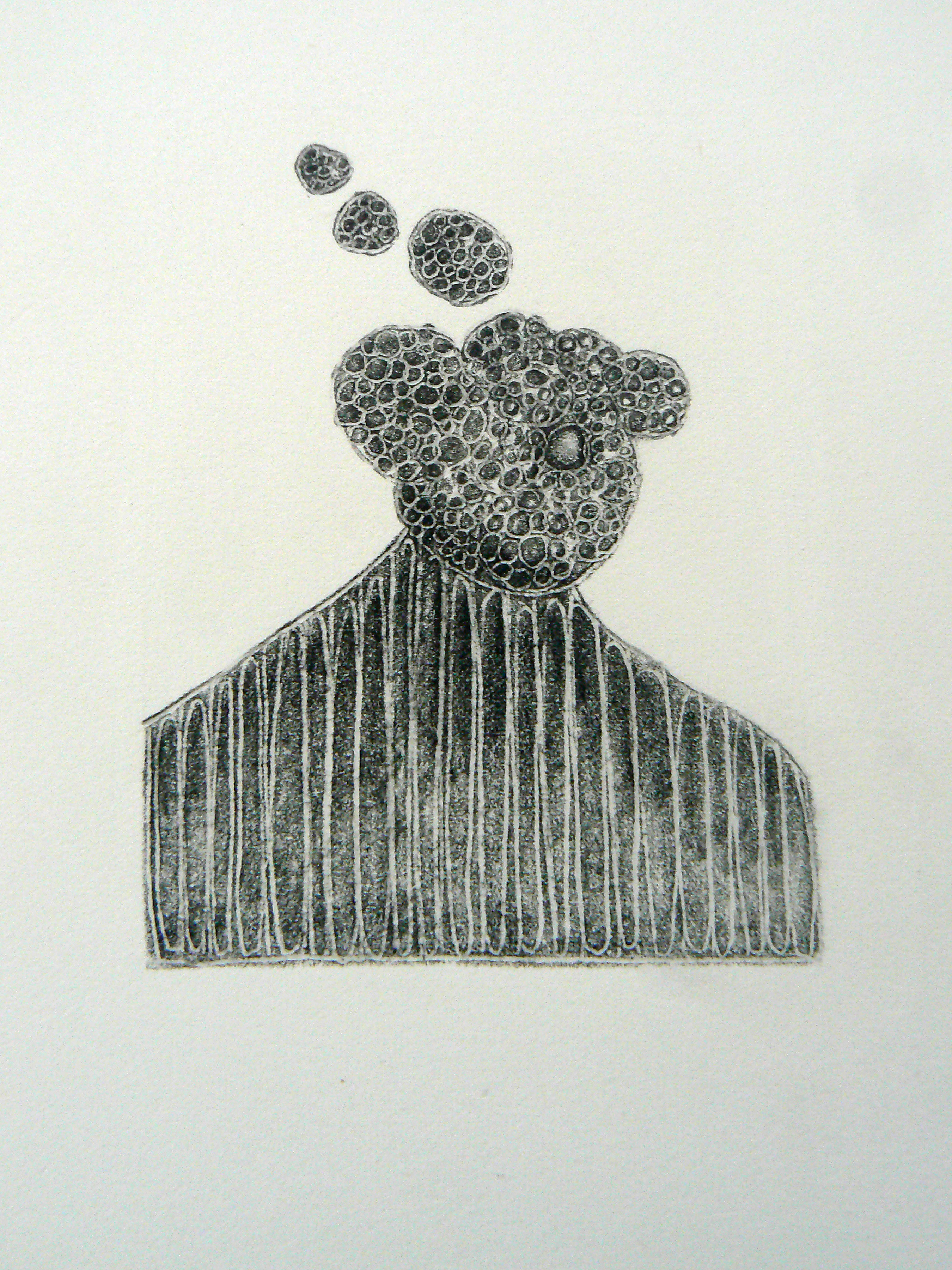Recently, I watched Werner Herzog’s documentary Grizzly Man as part of the New School for Analytic Psychology’s Film series. Herzog tells the story of Timothy Treadwell who spent 13 summers camping in the backyard of Alaskan grizzly bears. At the end of his 13th summer, Treadwell and his girlfriend, Amie Huguenard, were eaten by a grizzly. Herzog’s documentary stitches together interviews with people who knew Treadwell, Treadwell’s own video selfies and readings from Treadwell’s journal. I saw the film weeks ago and I am still trying to psychically metabolize the dog’s breakfast of emotions it left in me.
Dog’s breakfast part one…
To be perfectly candid, I was mostly repelled by Treadwell. In his last summer in Alaska, I saw him as a vain 46 year old man with a blond Prince Valiant haircut. I watched him giving 1200 pound grizzly bears names (like “Rowdy” and “Mr. Chocolate”), and, from very few feet away, baby-talking to them as if they were skittish Schnauzers. Treadwell was not an autodidact naturalist (like Audobon or Darwin) trying to add his own field observations to the store of human knowledge about grizzlies. Though he filmed himself “living with the grizzlies” and cast himself as their friend and protector, he had no real interest in the bears except in so far as they related to him.
The bears tolerated him for 12 full summers. What I would view as indifference on their part, he took to be growing acceptance. He seemed to see himself as the producer, director and star of his own reality TV show (Timothy’s Love for Bears?). To hear him tell it, his was a grand enterprise. He returned every summer to “protect” the bears (in the protected enclave of Katmai National Park?). He details on camera the terrible damage a bear could do to him and goes on to make the claim to his audience that his campsite is the “most dangerous place in the world”; a secret place to which he alone has earned access. He preferred his summers with bears to life with people and was known to greet the odd human trespasser into his summer territory by huffing and bluff-charging like a bear.
He films a chilling fight between two male grizzlies over a female. Immediately afterward and only 20 yards away, he films himself reassuring “Mickey”(the losing bear), that he, Timothy Treadwell, was not going to try to take the female for himself …”yet”. To how many other creatures on the planet could such a thought occur? He so desired to be absorbed into Ursine Nature that he talked as if the timeless boundary between human and bear was a mere social convention subject to change.
Part two…
Though it is a struggle for me to excavate some more generous insights, I do have some. (more about that in part 3…).
Prior to his rebirth as grizzly man Treadwell had been another rootless American youth, fruitlessly seeking stardom in Hollywood. Painfully rejected on the cusp of stardom (he believed he just missed being cast on “Cheers”), drink and drugs almost killed him. He attributed his sobriety and recovery to his connection with the bears. He had found a higher purpose. Wouldn’t we all like a calling which is a union of our values, our passions and our action in the world? Treadwell found his calling. His affection for the bears, however bizarre by my lights, seemed genuine. He lived the way he wanted to live. Though he clearly desired recognition for his “work” (he appeared on David Letterman twice), he did not monetize his calling. There is something in all that to admire.
Though he left us over 100 hours of video footage, perhaps his major accomplishment was that he survived his own naivete for almost 13 summers. And for that, he earned a Wikipedia entry and was “immortalized” by Werner Herzog. One comes away from the film suspecting that Treadwell would have been satisfied by this legacy.
part three…
There is (and was) an undertow of shame to my reaction to this film. I am repelled by Treadwell’s delusive self-invention because it triggers a shameful memory of having lived a delusion of my own. As with Timothy, conversations with myself about the risks of my delusion went unheard. Such superficial rationality is swept aside by the overwhelming pull of one’s fantasies possibly coming true; the tug of life as you always imagined it. My delusion (All Grief Annealed in the Fountain of Youth?) did not put anyone’s life at risk but its shattering demise felt like a kind of death. As Timothy Treadwell found out, all delusions are death defying until they are not.
Simply put, “shame erupts because one is simultaneously “oneself” and something else”. We are beside ourselves and we don’t like what we see. We are not as smart as we think we are; we cannot control what will happen next; we are not as moral as we like to think we are. Though our consciousness is how we experience the Divine, our conscious self is both captious and credulous, determinate and inconclusive. We sidle away from the examination of our limits until Real Life bares its teeth and shreds our illusions. Part of me is sad for Timothy Treadwell. He was bereft of the communal resources needed to help him shape and find the limits of his self-determination. As a consequence, the death of his delusion was horrific. We are all profanely, shamefully mortal whether we cop to it or not.



